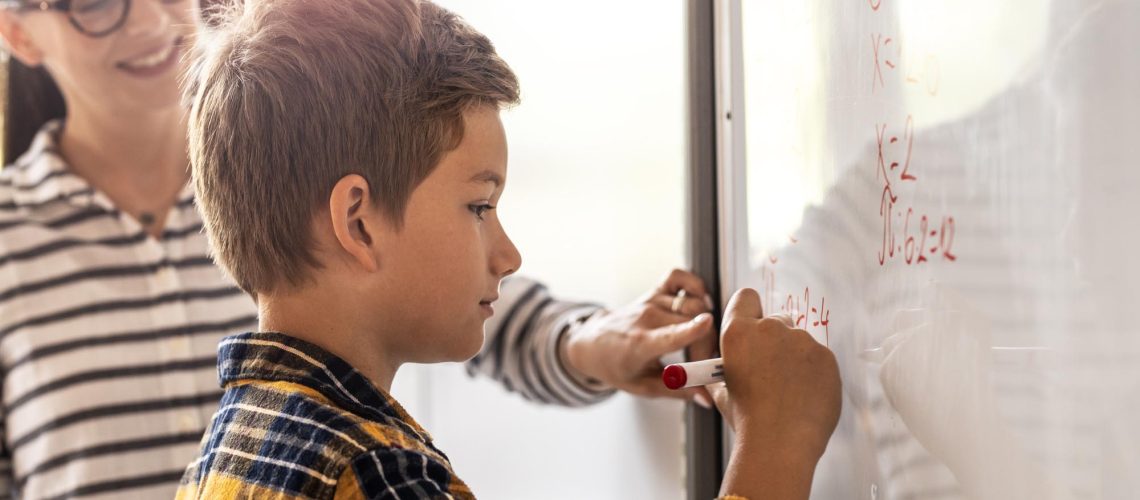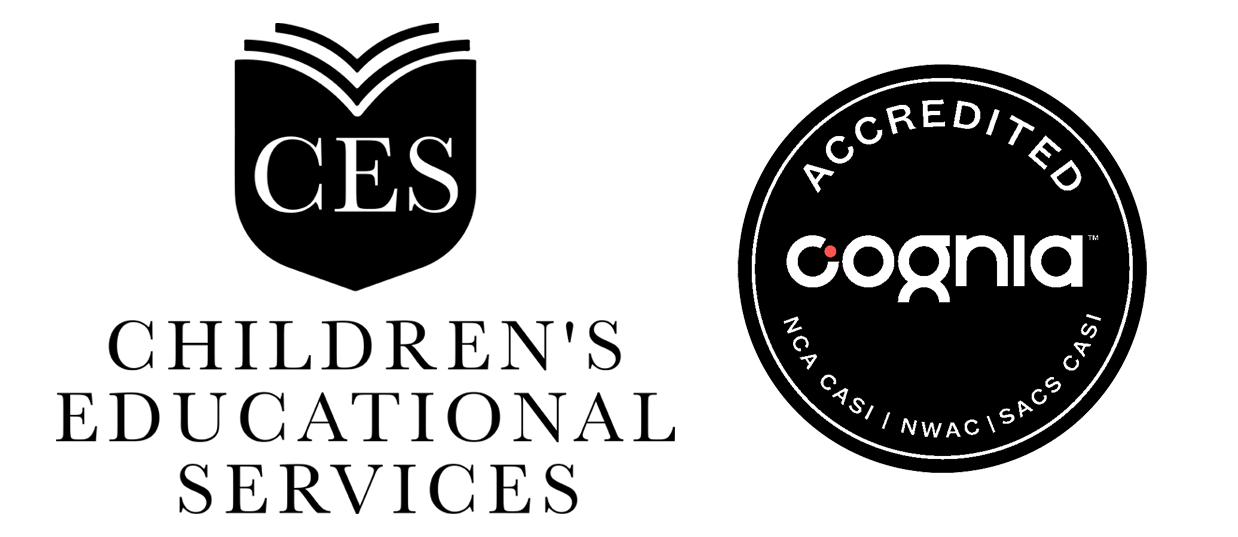
You know how secret agents in the movies always have a tech expert in their ears who directs them to the hostages? Super important job, right? The role parents play is as vital as that. Parents might not speak into earpieces and use code words, but they provide emotional, financial, and physical support, which is an essential contribution to the learning journey of their children.
According to Galileo Galilei, a famous mathematician, mathematics is the language of the universe. Math lays a solid foundation for future academic pursuits. Thus, if the math foundation of a child is weak, it could lead to math anxiety, lack of motivation for studying, and poor basic math skills. These factors could in turn lead to poor performance in other subjects. To put a kid on a path to a stable future, it is important to make children know math is not a scary subject with complex numbers and puzzles, but a fun handbook that interprets the world around us.
Parents are the children’s first teachers; from teaching them things like nursery rhymes to naming the forms of their toys during the formative years. But teaching math to kids can be quite tricky and shouldn’t be handled lightly. Employing the support of an elementary math tutor is always a smart move because the experts know how to help your child learn math, while also giving a kid’s confidence a healthy nudge. A math tutor will determine a child’s weak points and develop steady paced study plans that suit a child the best in order to boost math skills, thereby improving understanding of the subject.
However, helping your child learn math goes beyond hiring a tutor. Engaging in some activities that encourage mathematical thinking or using toys and puzzles are just some activities that help get the job done. Here are a few math tips for parents to reinforce lessons:
Use toys and puzzles
Toys like building blocks and pegs can be used to teach basic math concepts, which makes learning an enjoyable experience. Building blocks can be used to create different structures, encouraging creativity and imagination while also improving a kid’s number sense. The use of combination puzzles aids in boosting focus, concentration, problem-solving, and motor skills.
Engage in play with a child
Contrary to popular beliefs, math can be fun! A way to get kids loosened up and enjoy math is by engaging in games like chess, card games, memory games, and monopoly. These games improve memory, help children understand numbers, teach how to count, and learn basic math skills without a kid realizing it.
Have fun with a kid at the local store
Discover what your youngster is studying at the moment
Relate math to daily situations
Allow a kid assist you with cooking



